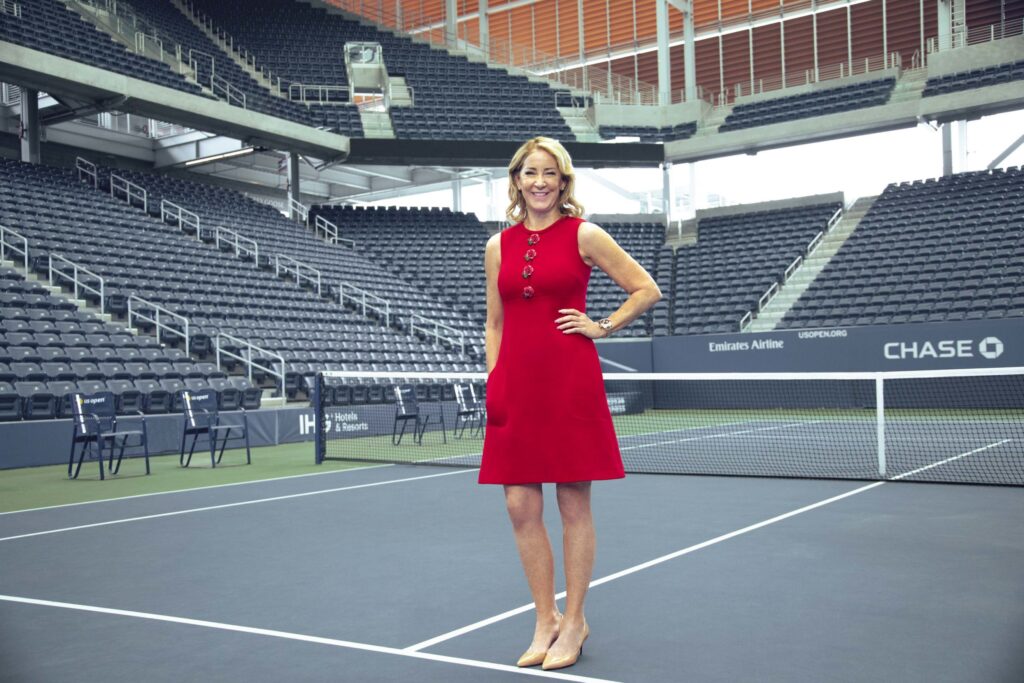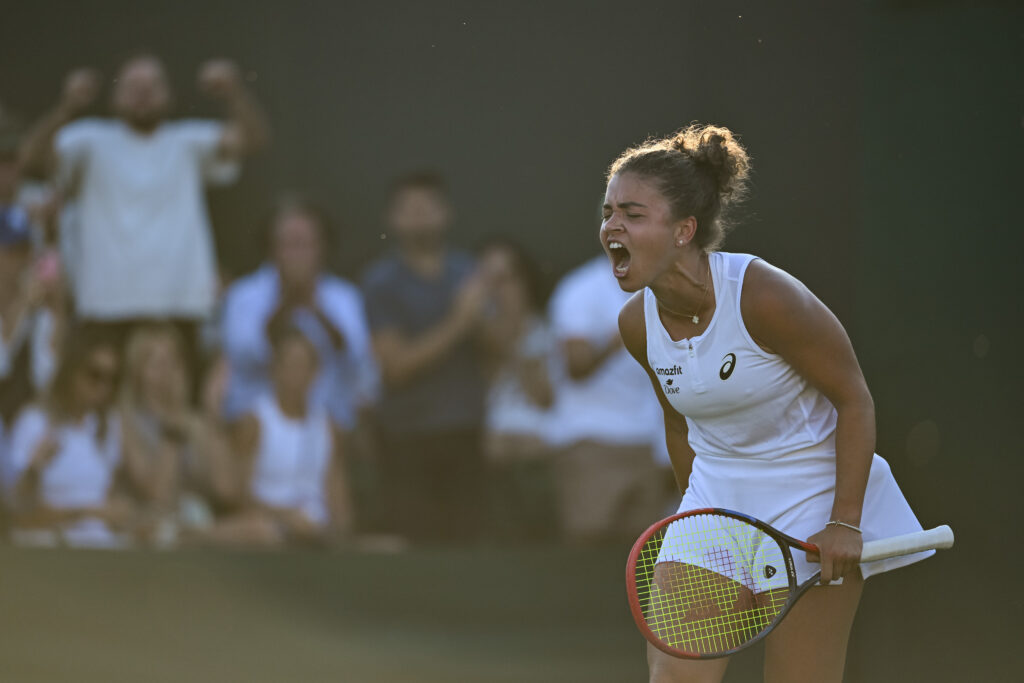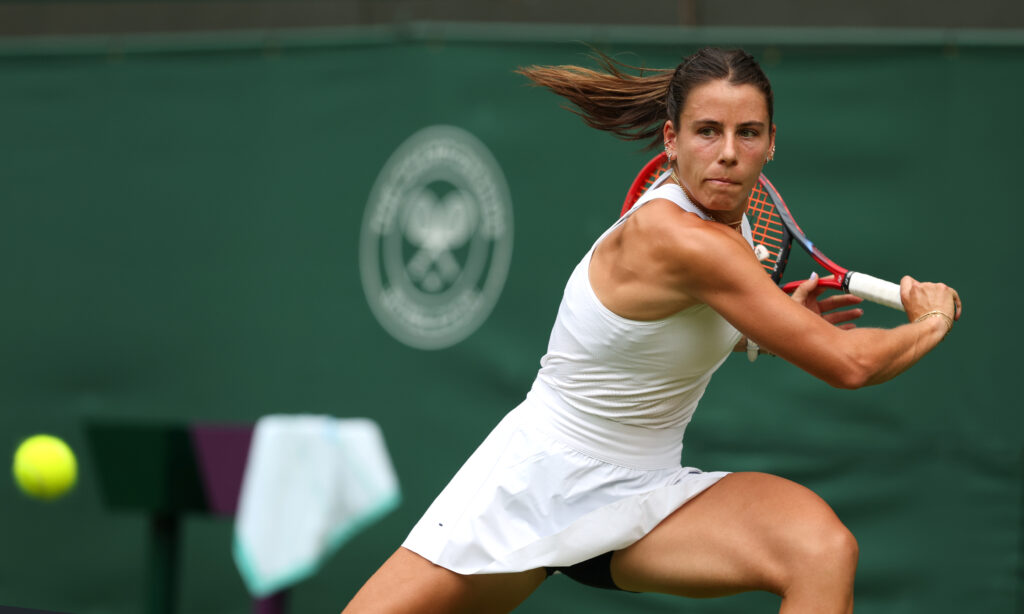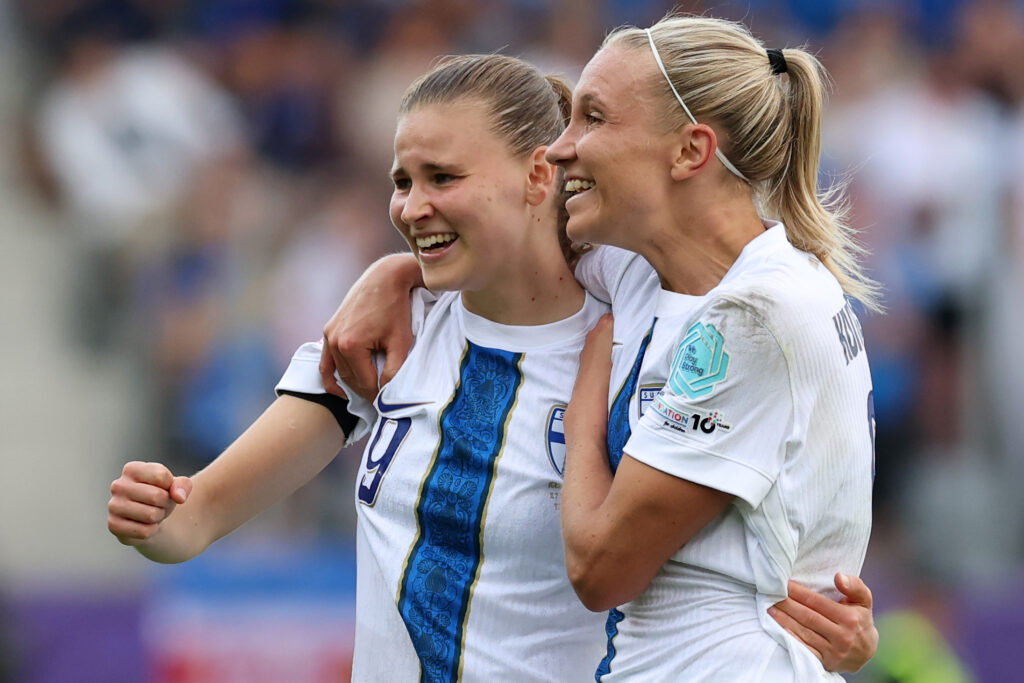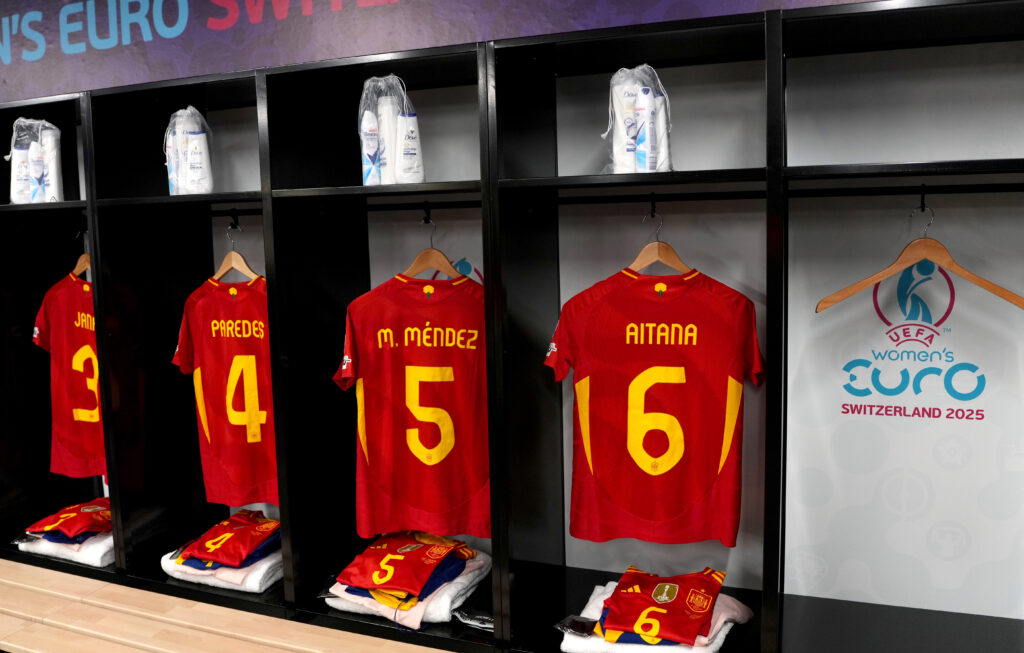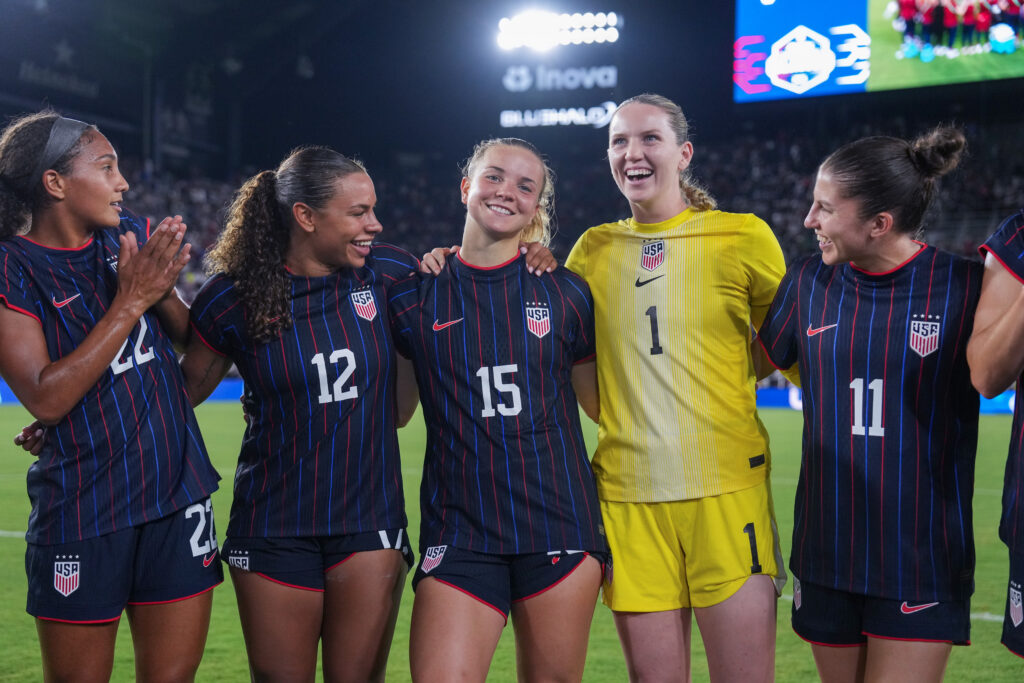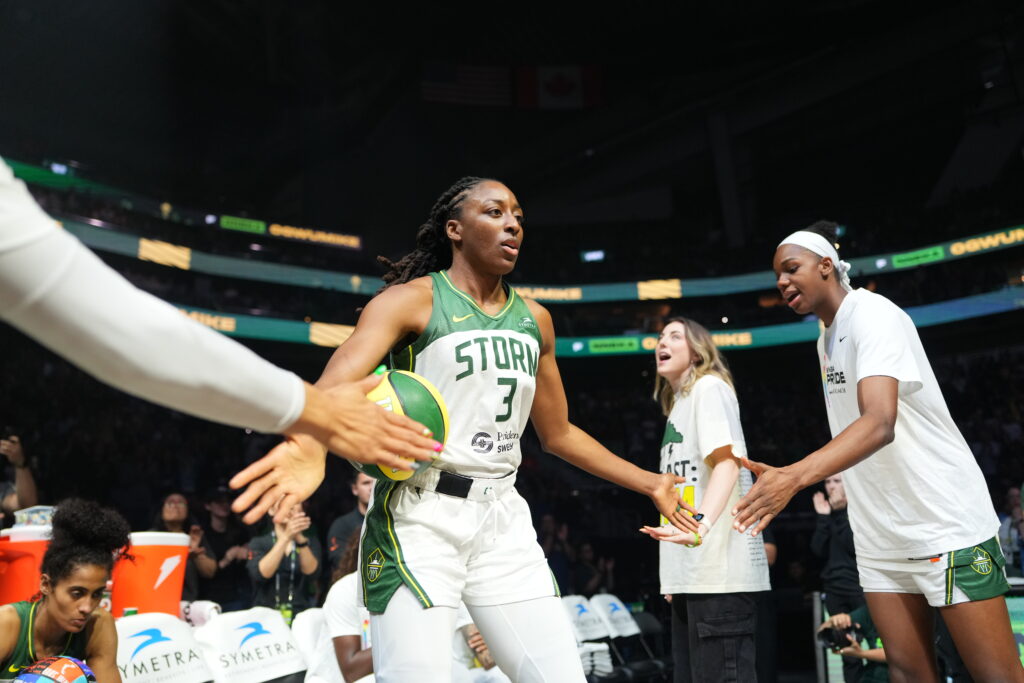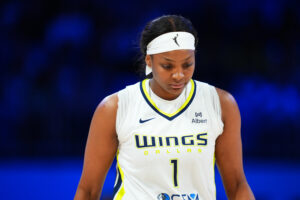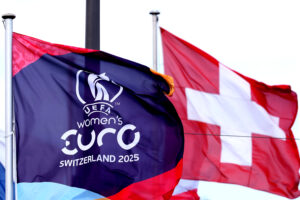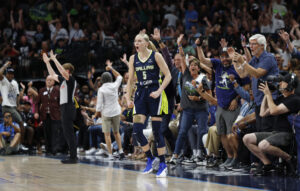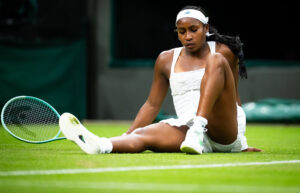When Chris Evert was 16 years old, she took center court at the 1971 US Open.
An amateur at the time, Evert was the youngest player to ever reach the semifinals of the US Open. She upset three seeded players to set up a meeting with Billie Jean King, already a five-time Grand Slam winner and the eventual US Open champion that year.
“That was like my coming out story,” Evert told Just Women’s Sports of her first Grand Slam appearance. “I lost in the semifinals to Billie Jean King, but it was a fairytale tournament for me.”
Evert became an instant American icon and embarked on one of the most storied careers in sports. Later dubbed “The Ice Maiden” for her stoic and powerful drive, Evert was a symbol of the 1970s tennis boom that showed young women they could achieve their dreams of playing and succeeding in professional sports.
By the end of 1974, Evert was the best women’s tennis player in the world — a title she would hold six more times. She became the first player, male or female, to win 1,000 singles matches and she compiled the second-most career match wins, behind only Martina Navratilova. When she was finally ready to step away from the court in 1989, Evert had won 18 Grand Slam singles titles, tied for the fifth-most in women’s history.
Exactly half a century since Evert’s Cinderella debut, the 2021 US Open begins Monday in New York. The women’s draw features some of the fiercest young talent and current legends of the game.
“The US Open is an innovator,” Evert said. “I think they’re the leader of all the Grand Slams.”
New this year at the tournament is technology from IBM, the digital partner of the USTA, that will keep fans informed about the players and matches with real-time player rankings and insights.
“It’s trying to bring the audience and fans interest in a little bit more,” Evert said of the AI-powered innovations that will be featured on the US Open app, USOpen.org and the ESPN broadcast.
The women’s singles draw opens with several intriguing first-round matchups. World No. 1 Ash Barty will square off against former world No. 2 Vera Zvonareva of Russia, defending champion Naomi Osaka will face Marie Bouzkova and two-seed Arya Sabalenka will meet Nina Stojanović. The first round also features Sloane Stephens versus fellow American Madison Keys in what will be a rematch of the 2017 US Open final.
The US Open will be Osaka’s first Grand Slam since she withdrew from the last two major tournaments for mental health reasons.
Like Evert, Osaka made her Grand Slam debut at the US Open, winning the 2018 tournament in an epic showdown with Serena Williams. When Osaka spoke up about the consequences of media scrutiny on players’ mental health earlier this year, Evert reflected on her own experiences of dealing with stardom at a young age.
“When this mental health situation came up with Naomi, it brought me back to analyze how I felt at that point,” Evert said.
“Sometimes, I didn’t come out of my hotel room for two days. There was depression, but it wasn’t labeled back then. We didn’t know what it was. It was ‘Oh, Chrissie’s taking her losses hard.’”
Evert empathizes with Osaka but acknowledges that the attention she received was likely not as extreme.
“In my day and age, they weren’t camping out on your lawn,” she said. “If you went to a restaurant, you’d get your picture taken, but it wasn’t as intrusive.”
America’s major was without fans in 2020 due to the coronavirus pandemic. During the tournament’s two-week run this year, spectators will take their seats, but they will be without several familiar stars.
Last week, Venus and Serena Williams withdrew due to injuries, making it the first time since 2003 that both sisters will miss the US Open. Serena, who has been on a four-year chase for a 24th Grand Slam singles title, which would tie her with Margaret Court for the most ever, hasn’t played since retiring from her first-round match at Wimbledon in June.
“It’s unfortunate because she loves playing in New York,” Evert said of Serena’s withdrawal. “When you do get older, the body doesn’t respond as quickly to injuries as it once did. But one thing’s for sure — she has a lot to go on to after tennis.”
Off the court, Williams and Osaka have led the way as the highest earners in all of women’s sports this year.
Evert credits the collaboration between the Women’s Tennis Association and other top athletic organizations as more women in sports — beyond professional tennis players — pursue higher compensation.
Evert also mentioned her longtime competitor and friend, tennis great Billie Jean King, as a brazen force behind the monetary success of professional women’s tennis.
“I don’t think other sports had a Billie Jean King. I feel very lucky that she was in tennis,” Evert said. “We could not have made the advances and the progress as quickly as we did if we didn’t have Billie Jean to be our spokesperson.”
